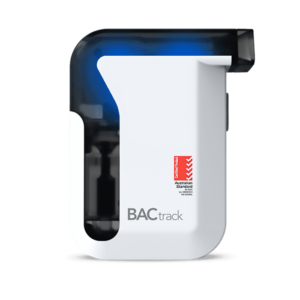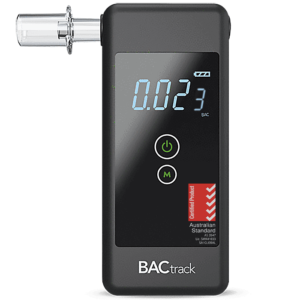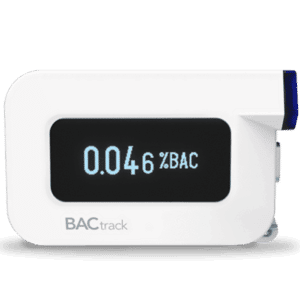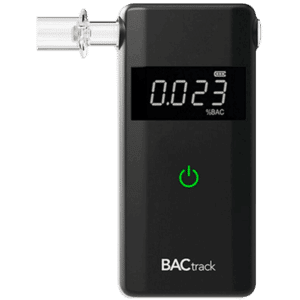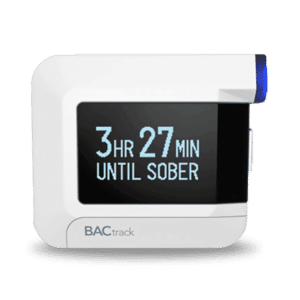Roadside Drug Testing QLD: Drug Driving Facts in Queensland
28 February, 2024

Drug driving in Queensland is a serious offence that can have severe consequences for both the driver and other road users. In an effort to combat this issue, police conduct roadside drug testing in QLD to detect violators. It aims to detect drivers who are under the influence of drugs while behind the wheel. In addition, any amount of illicit drugs in the system will incur a corresponding penalty. Individuals may face fines and imprisonment as legal charges.
The use of illegal drugs can impair judgment, senses, reaction time, and coordination. This poses significant safety risks that affect not only the impaired driver but other road users as well. It can result in fatal crashes and permanent disabilities. Hence, drug driving is considered a serious offence with strict penalties in place. This article will provide an overview of roadside drug testing and the relevant offences and penalties in Queensland that drivers need to know.
An Overview of Roadside Drug Testing in QLD
Roadside drug testing in QLD is an initiative aimed at improving road safety by detecting and deterring drug-impaired driving. It is a process law enforcement agencies implement to determine whether a person has drugs in their system while operating a vehicle. It involves police officers conducting drug screening during a routine inspection or random testing.
Police officers often use saliva drug testing to detect illicit substances in the body. This method can trace recent consumption within the past two days. Moreover, it can provide rapid results, typically within minutes, allowing police officers to make quick and informed decisions. It is a non-invasive method that does not require specialised equipment or facilities to implement.
If the initial saliva test indicates a positive result, the driver may need to undergo further testing at a police station. Most often, they are required to submit urine or blood samples for evidential testing. In these methods, the results are admissible as evidence in court. Aside from drug screening, police officers also conduct breath testing to detect alcohol impairment.
Importance of Detecting Drug Drivers
- Drug drivers have higher risks of getting into an accident due to impairment in their ability to operate a vehicle.
- Detecting drug drivers can help prevent injuries and fatalities. It also helps minimise the risk of property damage.
- Drug testing deters drug use and driving, enhancing road safety.
- Roadside drug testing sends a strong message that driving under the influence of drugs is not acceptable.
- Police and law enforcement agencies can take necessary actions to remove impaired drivers from the road.
- Detecting drug drivers can lead them to get the help and support they need for substance abuse issues.

Relevant Drug Driving Offences for Roadside Drug Testing in QLD
In Queensland, drug driving offences have two categories: driving under the influence (DUI) and driving with a relevant drug present in the system. DUI occurs when the extent of substance use significantly affects their ability to drive safely. Police may conduct roadside drug testing in QLD if they notice impaired driving, such as swerving lanes, erratic speed, or failing to obey traffic signals.
On the other hand, driving with a relevant drug present happens when a person has detectable levels of illicit substances while operating a vehicle. Even if the driver does not display obvious signs of impairment, having any amount of drugs or their metabolites is an offence.
Additionally, police officers have the authority to conduct drug testing at their discretion. Thus, refusing to undergo a roadside drug test can result in legal penalties. The charges are similar to DUI offences, as the refusal is seen as an admission of guilt. It is important for all drivers to be aware of relevant driving offences in their jurisdiction to avoid any legal troubles.
Types of Illicit Drugs Commonly Detected
The following are relevant drugs under Queensland legislation: methylamphetamine, MDMA, marijuana (tetrahydrocannabinol or THC), and cocaine. Meth, also known as speed and ice, is a highly addictive drug. Meanwhile, THC is the active ingredient in cannabis. These substances can cause adverse physical and psychological effects.
Moreover, MDMA is a potent stimulant and psychedelic drug that can lead to increased heart rate and blood pressure. Cocaine is a powerful stimulant that can cause heightened alertness and energy levels. Lastly, roadside testing includes breathalyser testing to detect ethanol in the breath. A breathalyser device measures the blood alcohol level to determine if it exceeds the legal limit.

Legal Consequences When Caught on Roadside Drug Testing in QLD
Testing positive for illicit substances in roadside drug testing in QLD can have several legal consequences. The penalties may include fines, license suspension, and even imprisonment, depending on the severity of the offence and previous records. Firstly, driver’s license will be suspended for 24 hours. If a person receives a DUI and has no pending drug driving charges, the license will remain valid until a court decides on the matter.
Secondly, if there are pending charges for similar offences, police will suspend the driver’s license immediately. A magistrate may disqualify driving for up to nine months, a fine of $2000-9,000, and a maximum term of imprisonment of up to three months. This can also result in a criminal record, which can affect future job opportunities and travel plans.
Furthermore, repeat offenders may need to undergo mandatory attendance at drug education programs. Likewise, those with repeat drink driving offences may also need to complete an alcohol interlock period. Overall, the legal consequences serve as a deterrent to impaired driving.
What to Do?
It is crucial to comply with police directives during a random roadside drug test. Refusing a drug test can lead to serious legal repercussions. In the event of a positive test result, it is important to seek legal advice and understand the potential consequences. A lawyer can help navigate the legal process and provide guidance on how to proceed.
It is advisable to cooperate with law enforcement officers and follow all instructions given during the testing process. This includes attending all the necessary court hearings and mandatory drug test programs. Any further violations may prolong the disqualification period.
Conclusion
Roadside drug testing in QLD is a common practice for all drivers. However, it is a serious matter with significant legal consequences. This method involves testing drivers for the possible presence of illicit drugs in their system. Police officers typically use saliva testing to detect drugs as it is quick and painless. If the initial test indicates a prohibited substance, the individual may undergo further evidential testing at a police station.
A positive test result may lead to heavy fines, license suspension, and imprisonment. Thus, cooperation with law enforcement agencies is essential in order to navigate the legal process effectively. It is important to understand the consequences of failing a roadside drug test and to seek legal advice if needed. By following the law and staying informed, drivers can avoid potential legal troubles and continue to drive safely on Queensland roads.


















